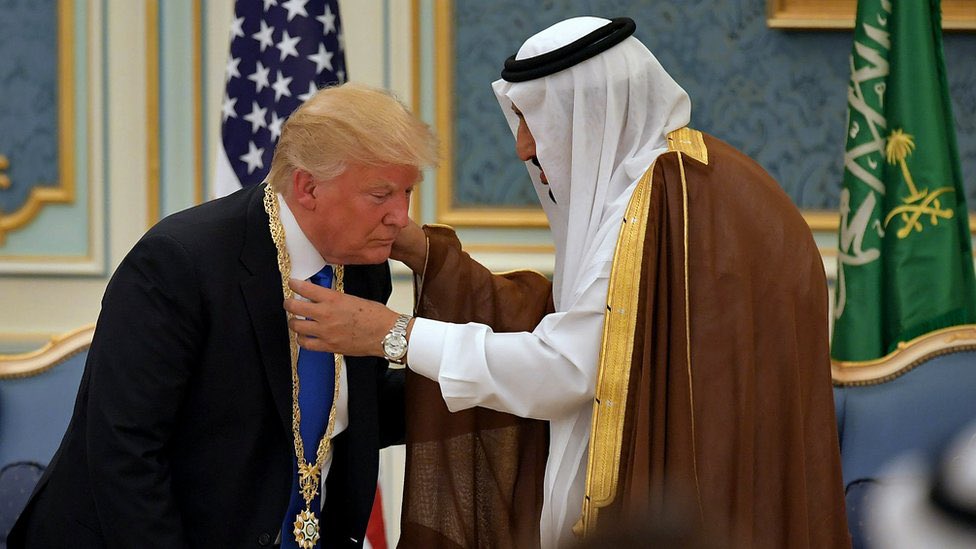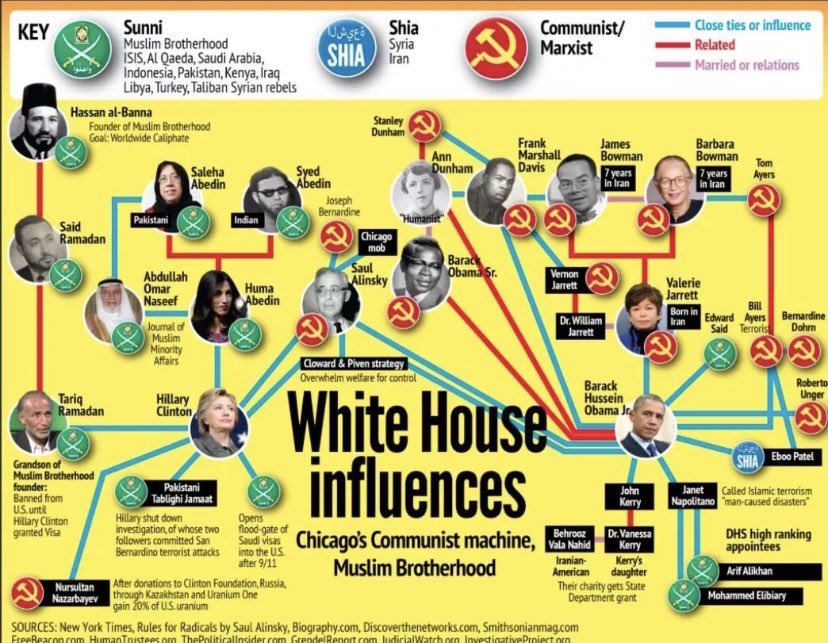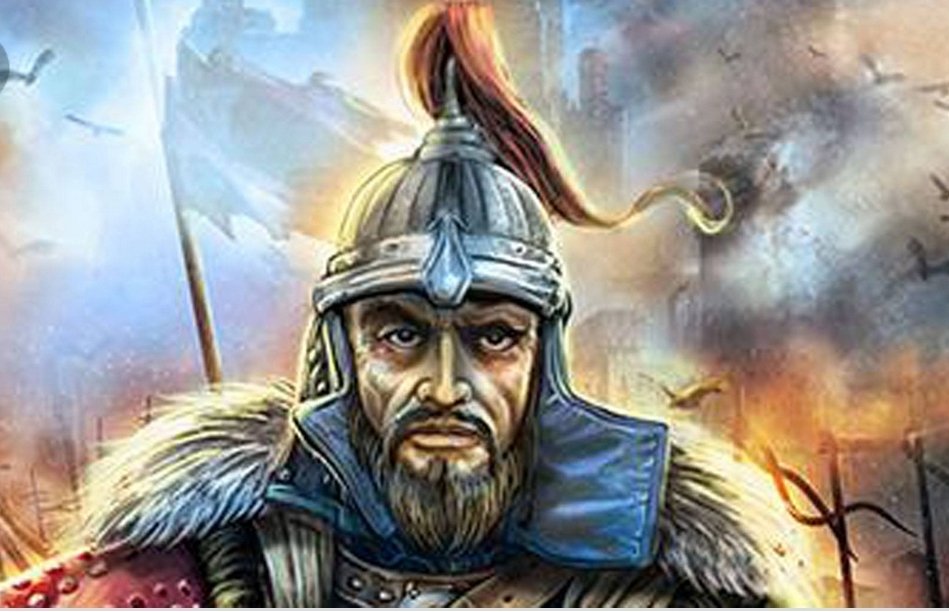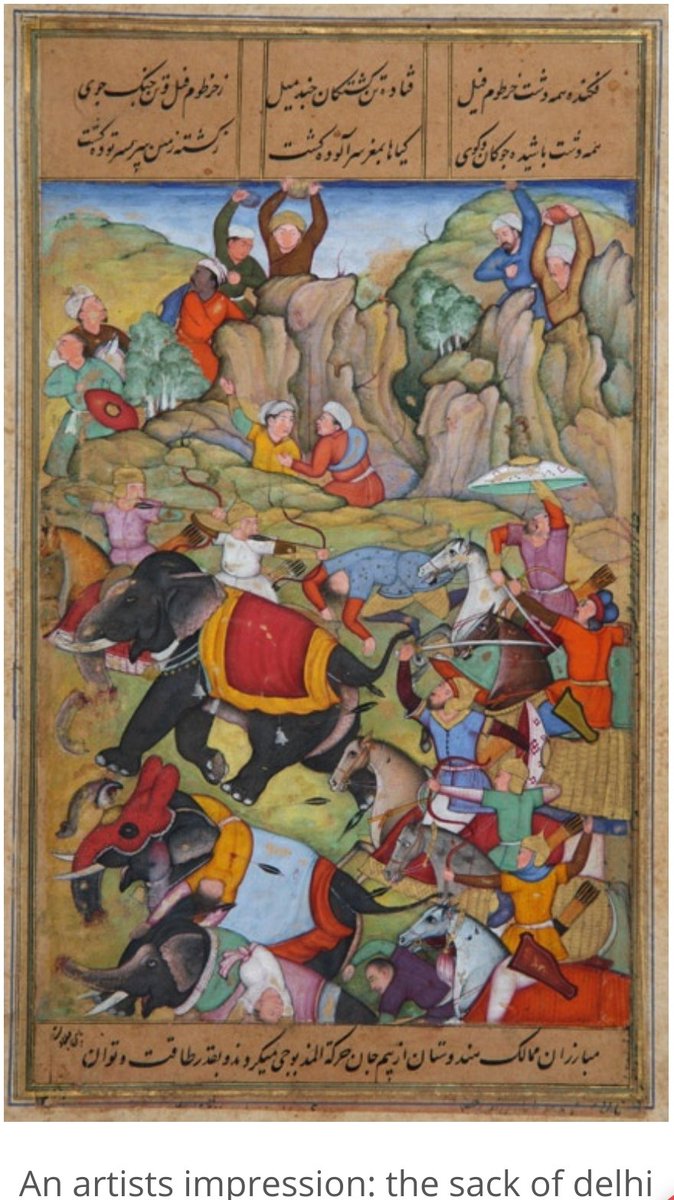I think there needs to be precision in categorizing sets of authoritarian political ideas - responses also vary according to the nature of the authoritarian political ideas.
Fascism is ideological in ways Trump isn't - Trump is still a danger in terms of democratic backsliding
Let's say all agree Trumpism is fascism. What flows from that?
— Nicholas Grossman (@NGrossman81) January 19, 2021
I advocate precision in categorizing terrorism because it informs strategy. Responding to not-terrorism with counterterrorism can fail or backfire.
What changes if people call Trump "fascist" instead of, say, "bad"? https://t.co/yv9byQWKnR
More from Politics
1/
So I went to her campaign website and took that web address and looked through the internet archive. When I went back to 2017, it was not her website, it belonged to the group "Brand New Congress."
2/
Here's what the web address https://t.co/Uhz2q4Dpll looks like now:
3/
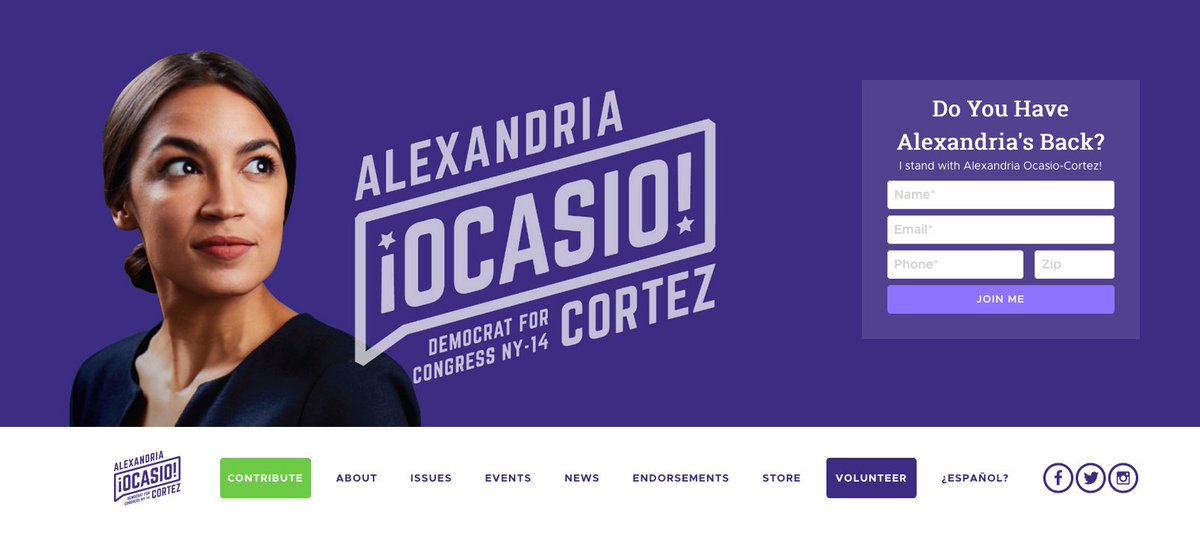
Here's what the same web address looked like in late 2017:
4/

What's “Brand New Congress?” BNC is a group of Bernie Sanders staffers who got together, decided to make the 2018 midterms all about Bernie policies by taking his ideas & finding 400 Bernie carbon copies to dump into Congressional & other races, creating a 400 headed Bernie.
5/
Funny there are those who think these migrant caravans were a FANTASTIC idea that's going to take the immigration issue away from you.
— Brian Cates (@drawandstrike) November 26, 2018
Like several weeks watching a rampaging horde storm the fences & throw rocks at our border patrol agents & getting gassed = great optics!
This media manipulation effort was inspired by the success of the "kids in cages" freakout, a 100% Stalinist propaganda drive that required people to forget about Obama putting migrant children in cells. It worked, so now they want pics of Trump "gassing children on the border."
There's a heavy air of Pallywood around the whole thing as well. If the Palestinians can stage huge theatrical performances of victimhood with the willing cooperation of Western media, why shouldn't the migrant caravan organizers expect the same?
It's business as usual for Anarchy, Inc. - the worldwide shredding of national sovereignty to increase the power of transnational organizations and left-wing ideology. Many in the media are true believers. Others just cannot resist the narrative of "change" and "social justice."
The product sold by Anarchy, Inc. is victimhood. It always boils down to the same formula: once the existing order can be painted as oppressors and children as their victims, chaos wins and order loses. Look at the lefties shrieking in unison about "Trump gassing children" today.
You May Also Like
1 - open trading view in your browser and select stock scanner in left corner down side .
2 - touch the percentage% gain change ( and u can see higest gainer of today)
Making thread \U0001f9f5 on trading view scanner by which you can select intraday and btst stocks .
— Vikrant (@Trading0secrets) October 22, 2021
In just few hours (Without any watchlist)
Some manual efforts u have to put on it.
Soon going to share the process with u whenever it will be ready .
"How's the josh?"guys \U0001f57a\U0001f3b7\U0001f483
3. Then, start with 6% gainer to 20% gainer and look charts of everyone in daily Timeframe . (For fno selection u can choose 1% to 4% )
4. Then manually select the stocks which are going to give all time high BO or 52 high BO or already given.
5. U can also select those stocks which are going to give range breakout or already given range BO
6 . If in 15 min chart📊 any stock sustaing near BO zone or after BO then select it on your watchlist
7 . Now next day if any stock show momentum u can take trade in it with RM
This looks very easy & simple but,
U will amazed to see it's result if you follow proper risk management.
I did 4x my capital by trading in only momentum stocks.
I will keep sharing such learning thread 🧵 for you 🙏💞🙏
Keep learning / keep sharing 🙏
@AdityaTodmal









